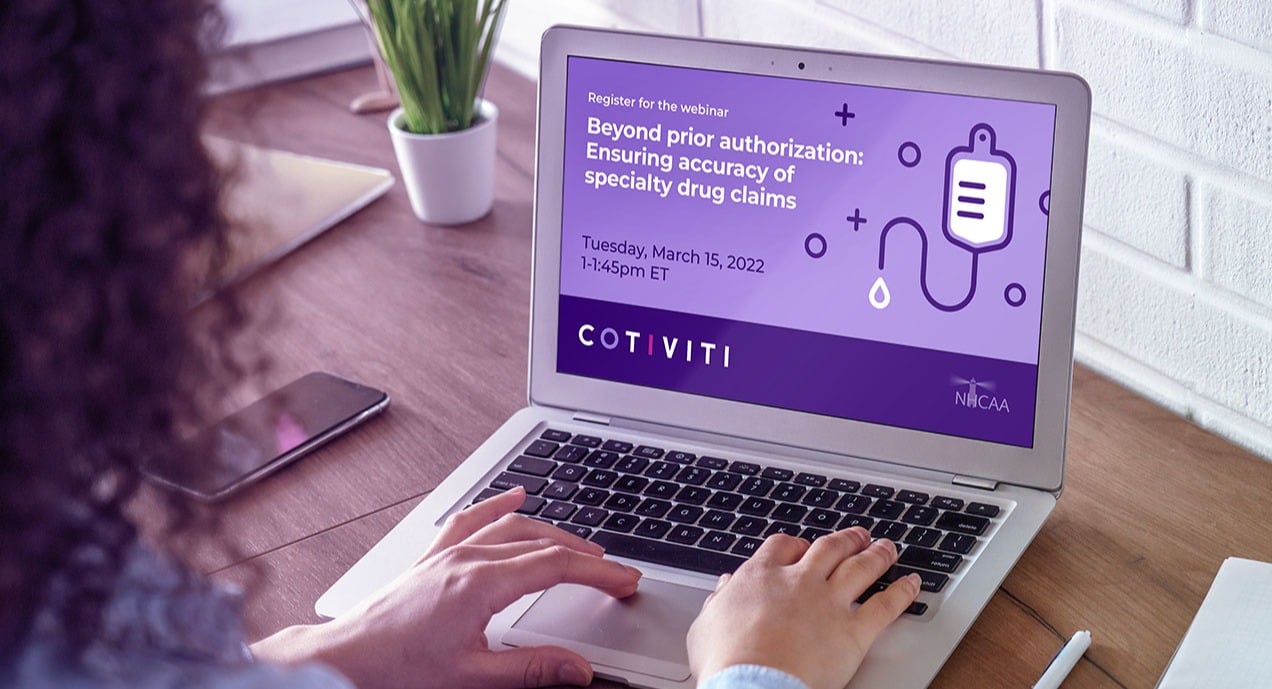Specialty drug claims are notoriously expensive and complex, comprising an estimated $243 billion of U.S. pharmaceutical revenue in 2023. Due to their complexity, specialty drug claims are prone to inaccurate billing, fraud, waste, and abuse (FWA). Prior authorization is the main source of claims verification for many plans, but the nuances of specialty drugs claims require more than the automated processes that prior authorization can offer. Relying solely on this approach may allow for missed savings opportunities or inappropriate billing during the payment cycle.
In our newly updated white paper, director of audit operations Matthew Herbein and I outline best practices for handling specialty drug claims for better accuracy and faster payment.
Learn how a multifaceted, integrated payment integrity solution can catch errors and maintain your claims payment integrity with these four key approaches:
- Create a drug-specific payment integrity solutions team. Dedicate a well-rounded team of pharmacy techs, nurses, physicians, and data analysts to provide a comprehensive perspective on specialty drugs billed to medical and pharmacy benefits.
- Focus on the details. Details from National Drug Code (NDC) to quantity to diagnosis are valuable and present opportunities for data errors that can be corrected.
- Apply multiple points of view. Prepay and postpay review can enable plans to cross-reference pharmacy claims history with medical claims review, allowing for additional verification.
- Create a closed-loop system. Connecting postpay claim review results to fraud, waste, and abuse (FWA) pattern detectors can help reduce duplication and aide machine-learning driven insights and accuracy.
Our white paper also focuses on common errors seen in specialty pharmacy claims, such as inaccurate coding and duplicate billing. Don’t miss this opportunity to improve payment integrity in a costly and growing area of healthcare.





